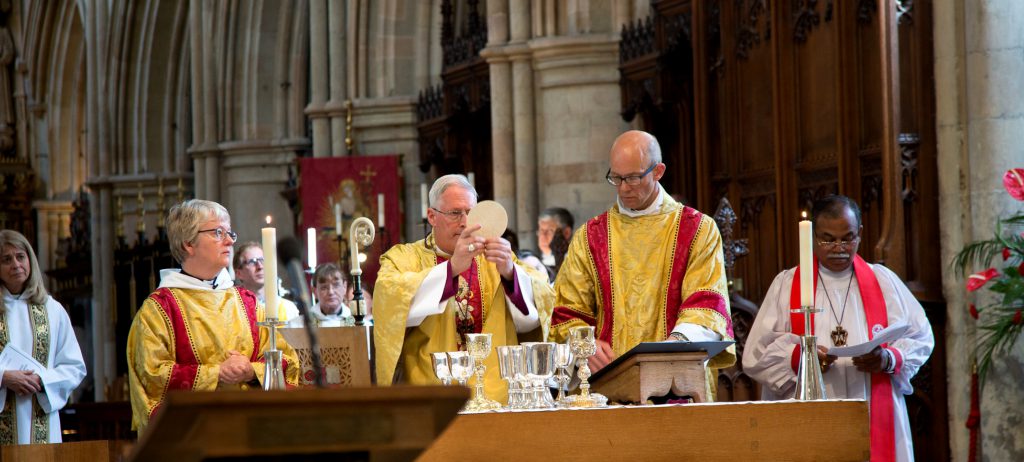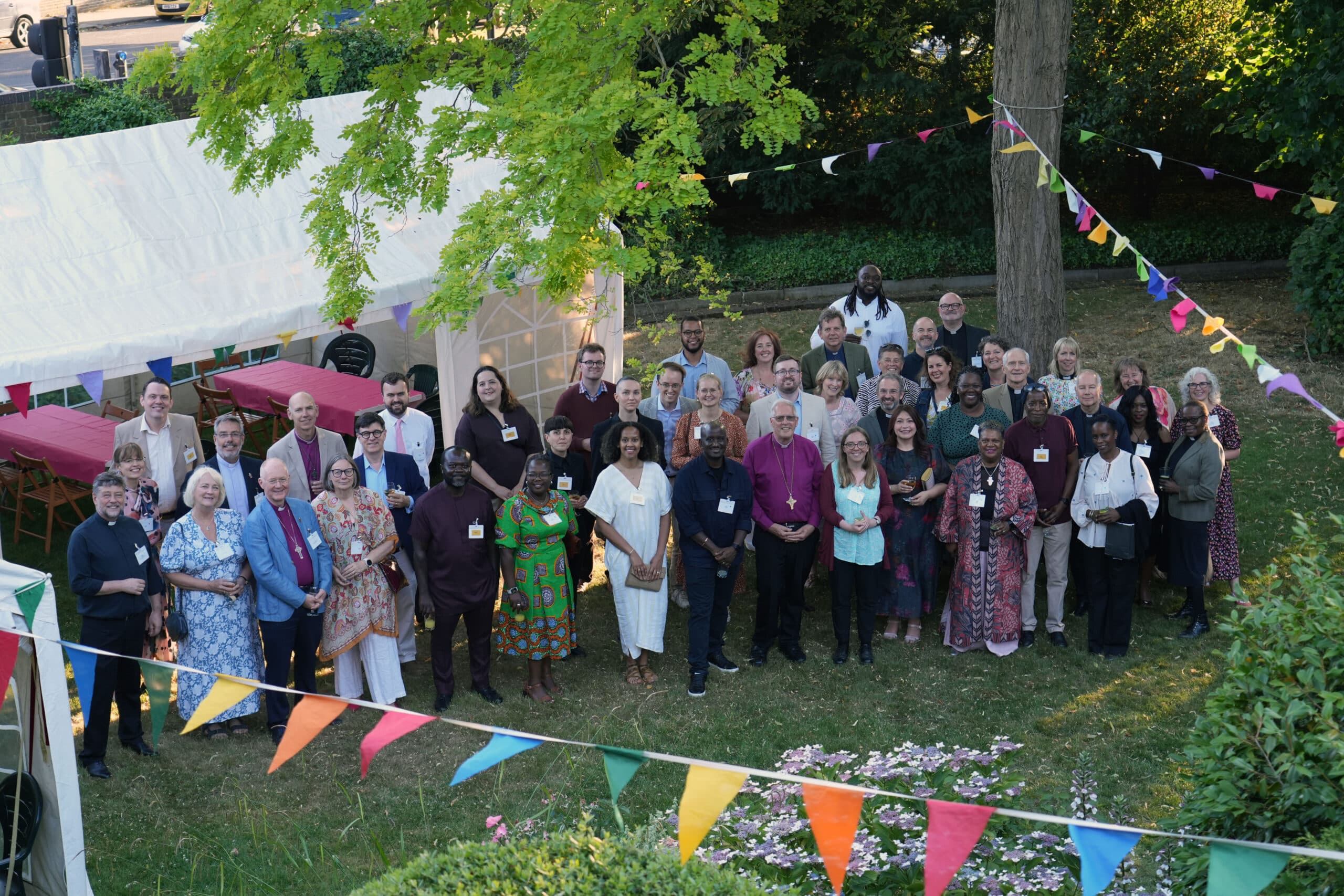Nelly Misenga writes…
The Trussell Trust and Joseph Rowntree Foundation need your support for the Guarantee our Essentials Campaign.
More people on Universal Credit are being faced with the challenge to make ends meet in the midst of the Cost of Living Crisis. Between 1 April 2022 and 31 March 2023, food banks in the Trussell Trust’s UK wide network distributed around 3 million emergency parcels to people facing food poverty.
Independent food banks are also seeing an uptrend in the uptake, and thus facing challenges to keep their shelves replenished. Not long ago, this article on Earlsfield Foodbank which is run by St Andrew’s Church, Earlsfield, exemplified the situation. The food bank, part of the Independent Food Aid Network(IFAN), experienced an increase of more than 150% in the number of individuals and families that required the support.
It is easy to come up with quick judgements on people’s budgeting, etc. Those debates tend to focus on food alone. However, when you consider the fact that apart from food, there is also the need for other basic essentials that one cannot go without such as energy and water, transport, basic toiletries, baby nappies, cleaning and washing products etc, it gives a better picture of monthly outgoings. Currently, the basic rate of Universal Credit works out to approximately £85 per week for a single adult. After bills are paid, there is very little left for food and non-food essentials. Hence, food insecurity becomes a constant occurrence and money worries are not far away from people’s mind.
On a recent church visit in Purley, the Vicar told me about the Purley Food Hub which is a food bank run by their network, the Purley and Kenley Churches Together. Interestingly, the Vicar told me that the number of referrals received from their local Job Centre was among the highest in the area. You can see the irony.
You might rightly ask what the essentials guarantee could be. The Essentials Guarantee would embed in our social security system the widely supported principle that, at a minimum, Universal Credit should protect people from going without essentials. Developed in line with research on public attitude and focus group discussions, this policy proposal aims to enshrine in law:
- an independent process to regularly determine the Essentials Guarantee level, based on the cost of essentials such as food, utilities and vital household goods, excluding rent and council tax.
- that Universal Credit’s standard allowance must at least meet this level; and
- that deductions (such as debt repayments to government, or as a result of the benefit cap) can never pull support below this level.
Food banks providing non-food essentials such as baby nappies, more and more schools running internal food banks or breakfast clubs or both to support struggling families, children going hungry during school holidays, all these are signs that numbers are simply not adding up and it is worse for Universal Credit Claimants. Make no mistake, these also include a large section of the UK population who are in paid work. It is no longer the old picture that was fed to the minds by popular TV programmes on benefits claimants.
You can help change this situation by calling the Government to action. Join us in the Guarantee Our Essentials campaign and invite friends and family to join in. To find out more about the campaign, please visit https://bit.ly/guarantee-our-essentials and https://bit.ly/JRFReport. To get involved, email your MP.
Nelly Misenga is the Development Officer of Together Southwark, a charity of the Diocese, which helps to resource the work of churches on poverty. To find out more about the charity, please visit https://southwark.anglican.org/mission-ministry/faith-in-action/together-southwark/













